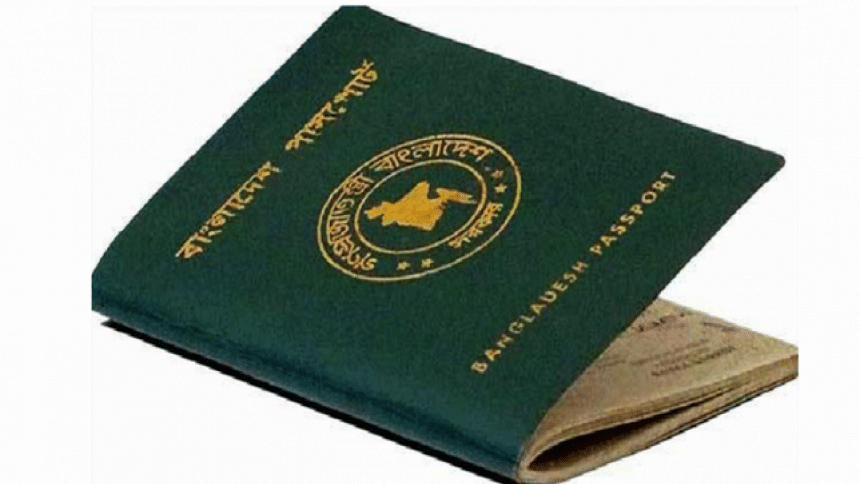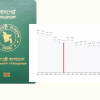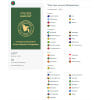Passport Power: Bangladesh moves three notches up

Bangladesh has jumped three places to 97 in the latest Henley Passport Index which measures the access each country's passport affords without prior visa.
Passports of Bangladesh, Lebanon, Libya and South Sudan can ensure visa free access to 41 countries now, says the index based on data from the International Air Transport Association.
The number of countries where Bangladeshi passport-holders have access, however, has not increased much over the years. It was 40 in 2015; 39 in 2016 and 38 in 2017, according to the index released on Wednesday.
Masud Rezwan, immediate past director general of the Department of Immigration and Passports, said Bangladesh introduced machine-readable passports and is going for e-passport soon.
Besides, the department has put restrictions on changing names in the passports, a globally appreciated initiative.
“These initiatives are making our passport stronger,” he told The Daily Star.
Of the South Asian countries, Pakistan has been ranked 102nd (visa-free access to 33 countries), India 79th (61 countries), Sri Lanka 95th (43 countries) and Nepal 98th (40 countries).
Myanmar has been ranked 90th with access to 48 countries.
Japanese passport, which allows its holders to visit 190 countries without visa, is the most powerful in the world, followed by the ones of Singapore and South Korea (189 countries).
China jumped almost 20 places in just two years, from 85th in 2017 to 69th this year.
European countries also performed favourably, with France and Germany filling the third position and Denmark, Italy, Finland and Sweden taking the fourth spot with visa-free access to 187 countries.
The United States ranked sixth along with the United Kingdom with visa-free access to 185 countries while Canada ranked seventh.
The five least powerful passports are of Afghanistan and Iraq with access to 30 countries, Somalia and Syria to 32, Pakistan to 33, Yemen to 37 and Eritrea to 38.
Christian H Kälin, group chairman of Henley and Partners, in a statement said the latest ranking shows that despite rising isolationist sentiment in some parts of the world, many countries remain committed to collaboration.
“The general spread of open-door policies has the potential to contribute billions to the global economy, as well as create significant employment opportunities around the world,” he said.
Experts anticipate that neither the US nor EU member states are in line to substantially revise their current visa policies, whereas countries in other parts of Europe as well as those in Asia and the Middle East, look set to continue seeking visa-waiver agreements with diplomatic allies.

 For all latest news, follow The Daily Star's Google News channel.
For all latest news, follow The Daily Star's Google News channel. 






Comments